In recent years, the genre of live-action adaptations of anime/manga has seen a significant “resurgence,” particularly with the success of Netflix’s One Piece and Avatar: The Last Airbender, which have contributed to a complete shift in the negative perception surrounding these adaptations.
However, before these promising signs, the term “anime-to-live-action adaptation” was often viewed with skepticism due to numerous “disappointments” in previous attempts. Below are 10 of the most notable live-action adaptations of anime:
1. Cowboy Bebop (2021)
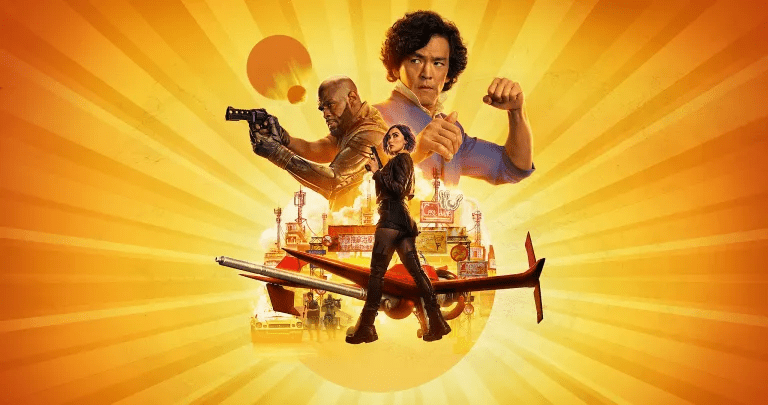
Cowboy Bebop premiered on Netflix in 2021 with a fresh set of episodes, and many fans of the original series hold this adaptation in high regard. Starring John Cho, Daniella Pineda, and Mustafa Shakir, it is difficult to achieve the same high standards as the original anime.
Nevertheless, it remains a noteworthy example of how to adapt an anime series, even incorporating the iconic opening theme “Tank.” Despite the mixed reviews and its cancellation after one season, Cowboy Bebop serves as a benchmark for what can go wrong in anime adaptations.
2. Death Note (2017)
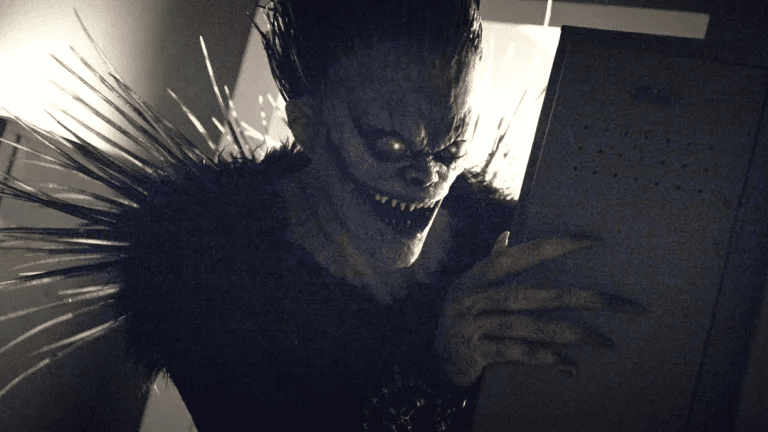
Another Netflix project, the 2017 adaptation of Death Note remains a puzzling failure. Directed by Adam Wingard, who has a history of hits like You’re Next and The Guest, this live-action film featured a notable cast, including Lakeith Stanfield as L, but struggled to resonate with fans.
Unfortunately, the film’s storyline diverged significantly from the source material, making it difficult for fans to appreciate its execution. Like Cowboy Bebop, the Death Note adaptation ended on an open note without a follow-up.
3. Attack on Titan (2015)
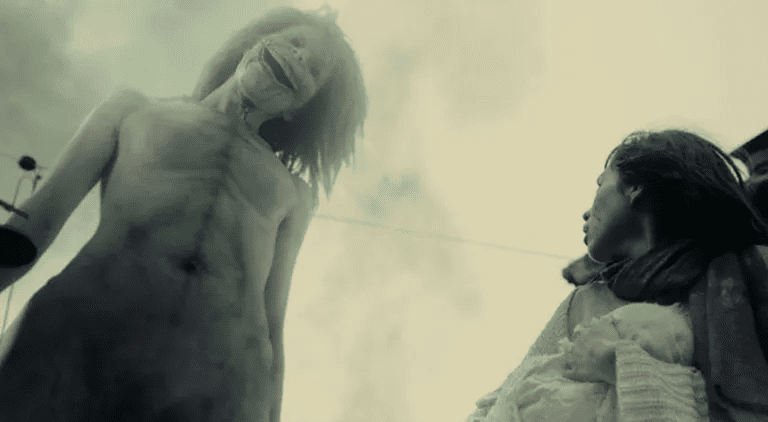
The live-action adaptation of Attack on Titan was highly anticipated and had the potential to succeed. Unfortunately, the two films released in 2015 failed to capture the essence of Hajime Isayama’s series. The computer-generated imagery (CGI) used for the Titans was far from convincing, and the addition of new characters further complicated the narrative, leading to mixed reviews.
4. Ghost In The Shell (2017)
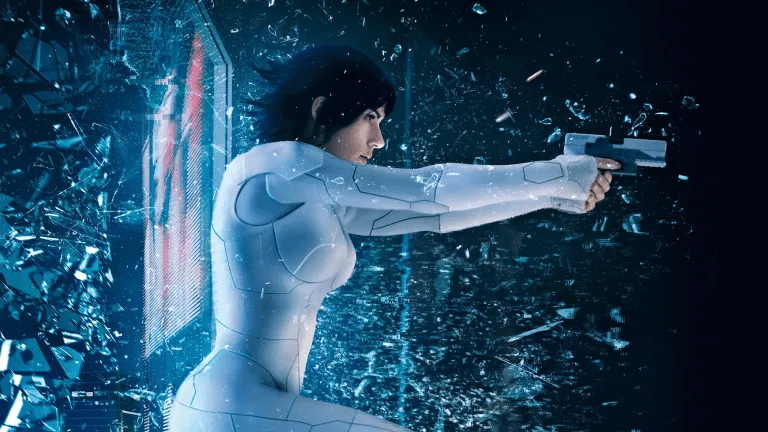
2017 was not a remarkable year for live-action anime adaptations, as Ghost In The Shell struggled to match the original source material. Starring Scarlett Johansson, the film faced scrutiny regarding its pacing and character development, with many fans feeling that it fell short of expectations, especially regarding the significant plot twist involving Major Kusanagi.
5. Devilman (2004)
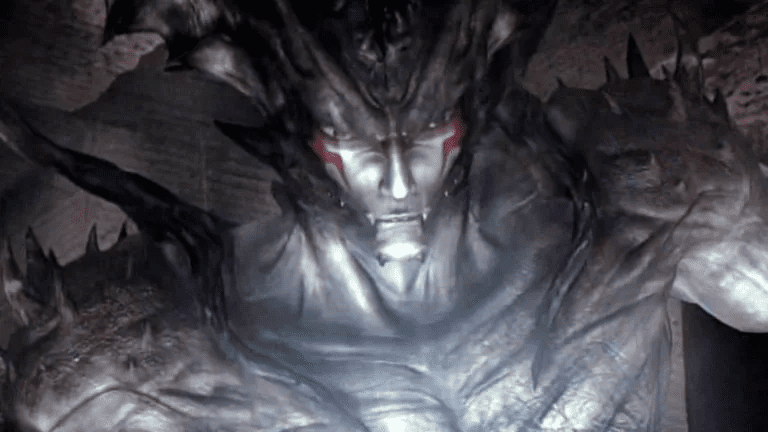
The 2004 live-action film adaptation of Devilman also did not manage to capture the essence of the original. Similar to Attack on Titan, the film was hindered by poor CGI and lacked the emotional weight present in the original storyline. Notably, many fans have not heard much about this adaptation, which may reflect its lack of impact.
6. Fist Of The North Star (1995)
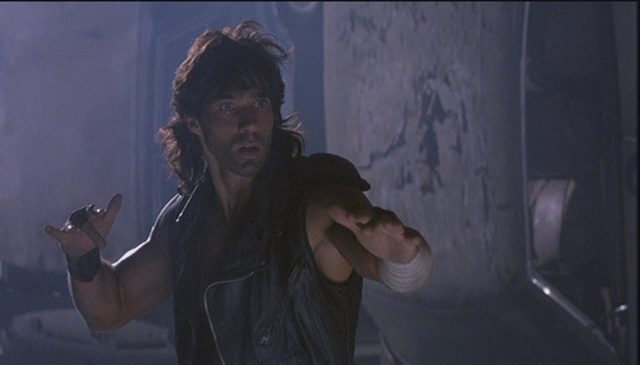
Fist of The North Star (1995) is a film that was not widely released in theaters. Many of the violent fights depicted in the live-action adaptation do not convey the same level of horror as the original anime. The film faced budget constraints that were evident in several areas. Despite Gary Daniels signing on for the lead role, the film’s failure to connect with its anime roots has kept it from being continued.
7. The Guyver (1991)
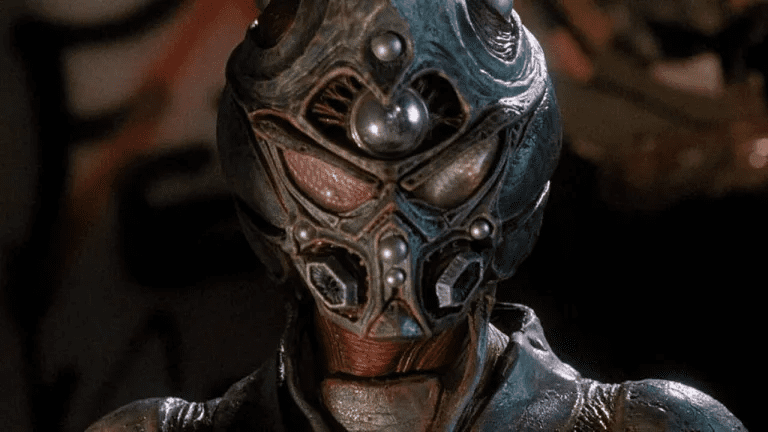
Even the presence of Mark Hamill from Star Wars did not ensure that The Guyver would “live up” to its source material. The film lacked the necessary elements to successfully transition into a live-action adaptation, and it remains a low point for fans of the genre.
8. The Last Airbender (2010)
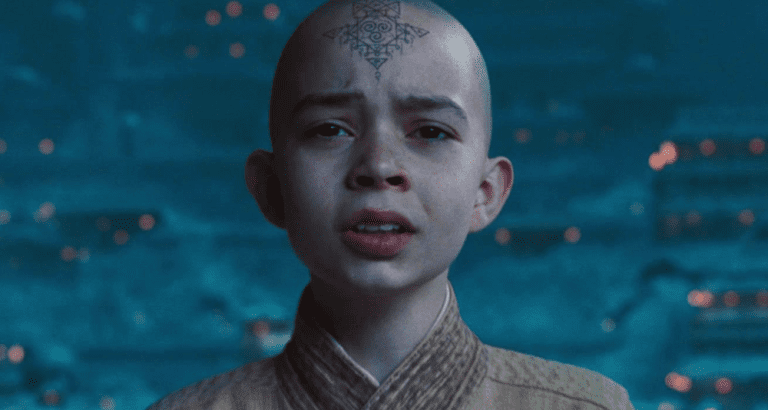
M. Night Shyamalan’s The Last Airbender faced considerable backlash due to its poor execution. Produced by Paramount, the film failed to capture the essence of the original series, with awkward dialogue and a significant disconnect from the characters’ original portrayals.
9. Black Butler (2014)

Despite altering the source material considerably, Black Butler (2014) strayed too far from the expectations of fans of the anime. While some adaptations might succeed with creative liberties, this film did not manage to elevate its source material, ultimately disappointing many viewers.
10. Dragon Ball Evolution (2009)
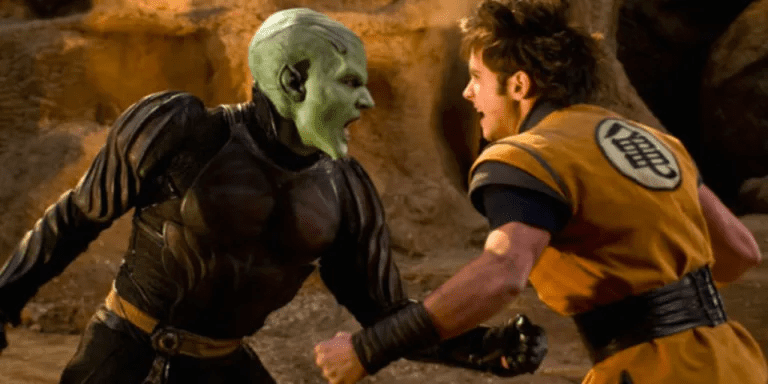
Dragon Ball Evolution is often regarded as the “low point” of live-action adaptations from anime. Besides attempting to reimagine Goku’s story, the film failed to respect the original source material created by Akira Toriyama. Ultimately, it became a cautionary tale for future adaptations, leading to the creation of Dragon Ball Super as a response to its shortcomings.
Source: Comicbook





















